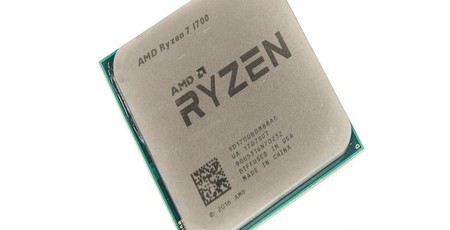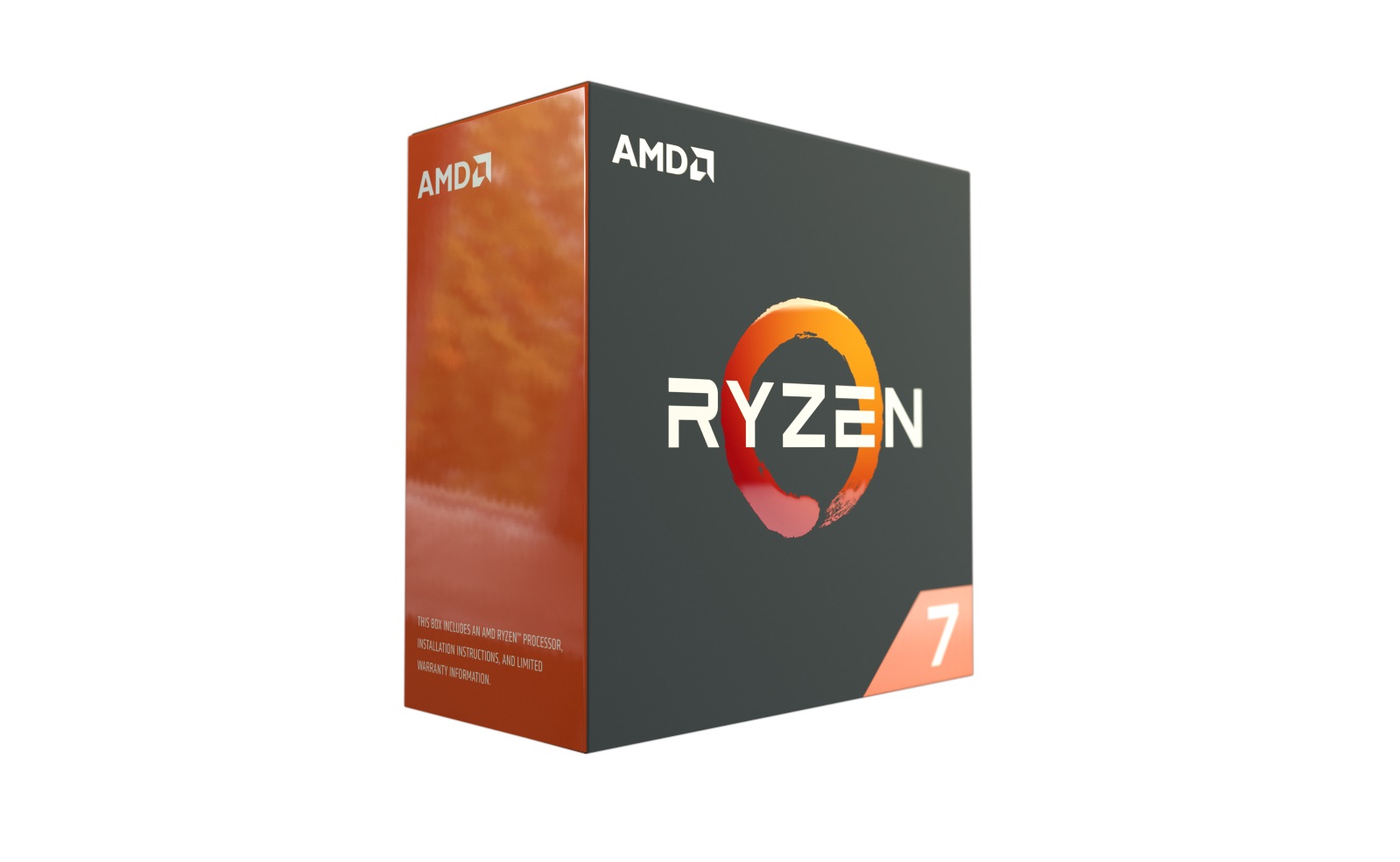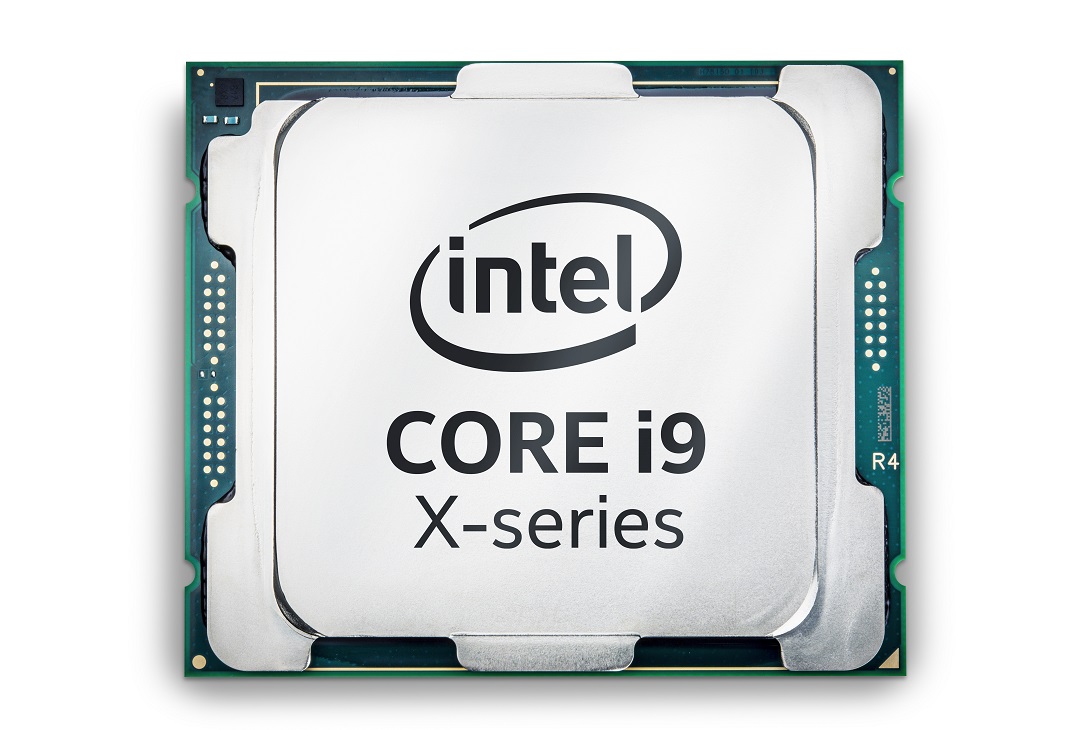AMD offering competition is great, but it presents challenges for us all
July 12, 2017 | 13:30
Companies: #amd

The last six months have been quite tough for a lot of people in the tech industry and for both good and bad reasons. These tricky times nearly all boil down to AMD's return to form with Ryzen, which finally offers real competition to Intel again, especially when it comes to multi-threaded performance and value. This might seem strange if you're a consumer, but for motherboard manufacturers and even reviewers like myself, time hasn't been on our side.
I'll start by giving an example before going into more detail and having my regular rant. Say you're a car repair garage owner, and all the cars in the area are a single model - a Ford Fiesta. There are no other makes or models. You'd imagine, then, that things would be pretty easy as far as training your mechanics and sourcing parts goes. Everyone's an expert, repairs can be done in super-quick times, and when Ford releases a new one, it's fairly easy to get to grips with its quirks.
Imagine, then, if Peugeot invaded Ford's monopoly in our imaginary town packed full of hatchbacks, and its only model - the 208 - was introduced, meaning there were now two types of very different car to deal with. This would mean that, overnight, your mechanics had to get to grips with a whole new car to service and obtain different spare parts, all the while continuing to make sure all the Ford Fiestas on the road were serviceable. That would be tricky indeed - your team is geared up completely for one model of car. Dealing with a second is going to mean lots of overtime and a potential nightmare.
Of course, real garages have to be able to work on hundreds of different models of car, but for our imaginary garage, it would indeed be a bit of a pain in the rear. Consider, then, the motherboard market. The likes of Asus, Gigabyte, and MSI have only really had to focus on Intel motherboards and a small number of chipsets in recent years so that with every launch, things have gone very smoothly. Sure, there have been a few hiccups - the X99 launch had some gremlins - but overall launches and post-launch refinement in the way of new BIOS versions have been pretty slick.

Then came Ryzen. Just like our imaginary garage, motherboard manufacturers had to get to grips with an entirely new platform. Not only this, but 2017 is seeing double the number of new platform launches in one year than we've seen in any one year in the last decade. Z270, X370, X299, and X399 chipset motherboards will all be sitting on retailer's shelves before the year is out. That's an awful lot of BIOS versions to refine and tweak, not to mention different motherboards to manufacture.
This is part of the reason why Ryzen's launch was a little trying. Not only were engineering samples apparently late arriving with motherboard manufacturers, but this happened very soon after the launch of Intel's Z270 chipset in January and Intel's X299 platform followed shortly after. Motherboard manufacturers would have had a tricky time priming all the products across three different platforms in less than six months, and while you might argue that there were already AMD products in the wild for older sockets and chipsets, if you take a look at the BIOS release history of these products, many haven't seen new BIOS versions for half a decade.
It's tough from a reviewer's point of view too. I'm old enough to remember the days of AMD versus Intel and owned several Athlon and Opteron systems, but even I forgot what it's like to have to deal with two CPU manufacturers going head to head, getting your head around all the technology, and dealing with relentless product launches involving dozens of CPUs and scores of motherboards. While a market with no competition isn't where any of us want things to be, it was certainly much simpler and easier when Intel had things nearly all to itself. With AMD and Intel facing off again, I've barely touched anything other than CPUs and motherboards for nearly six months, and the gremlins surrounding the Ryzen launch in March certainly didn't make things any easier.

Would I change anything, though? Absolutely not. The only concern I have is that motherboard manufacturers keep their eye on the ball, continue to work with AMD and Intel closely, and make sure products are up to scratch in terms of stability. It's clear that Intel also needs to learn to reign in knee-jerk reactions too. Stability has been my biggest concern with Ryzen, though - it doesn't matter how fast, efficient, or good value it is, if it's unstable or has gremlins then no one is going to touch it, especially those like me that need their main rig to be solid as a rock. Thankfully AMD has been working hard on this and I'd now have no problem switching to an AMD system.
The competition we're now seeing is a great thing, and while it will mean challenges for everyone involved - if you're reading this even you have probably had to do some reading to get your head around Ryzen, its chipsets, and whether it's best for you as well - it's what we all like doing, isn't it? That's what enthusiasts live for - awaiting launches, reading about new products, and deciding which one will get your cash. AMD's return to competition will pose challenges, but despite the fact I'm sick of the sight of CPUs and motherboards, I'm massively excited to see how the battle pans out, and with Ryzen 3, Threadripper and several more Intel Core i9 CPUs still to join the fray, there's plenty more action to come.

MSI MPG Velox 100R Chassis Review
October 14 2021 | 15:04








Want to comment? Please log in.